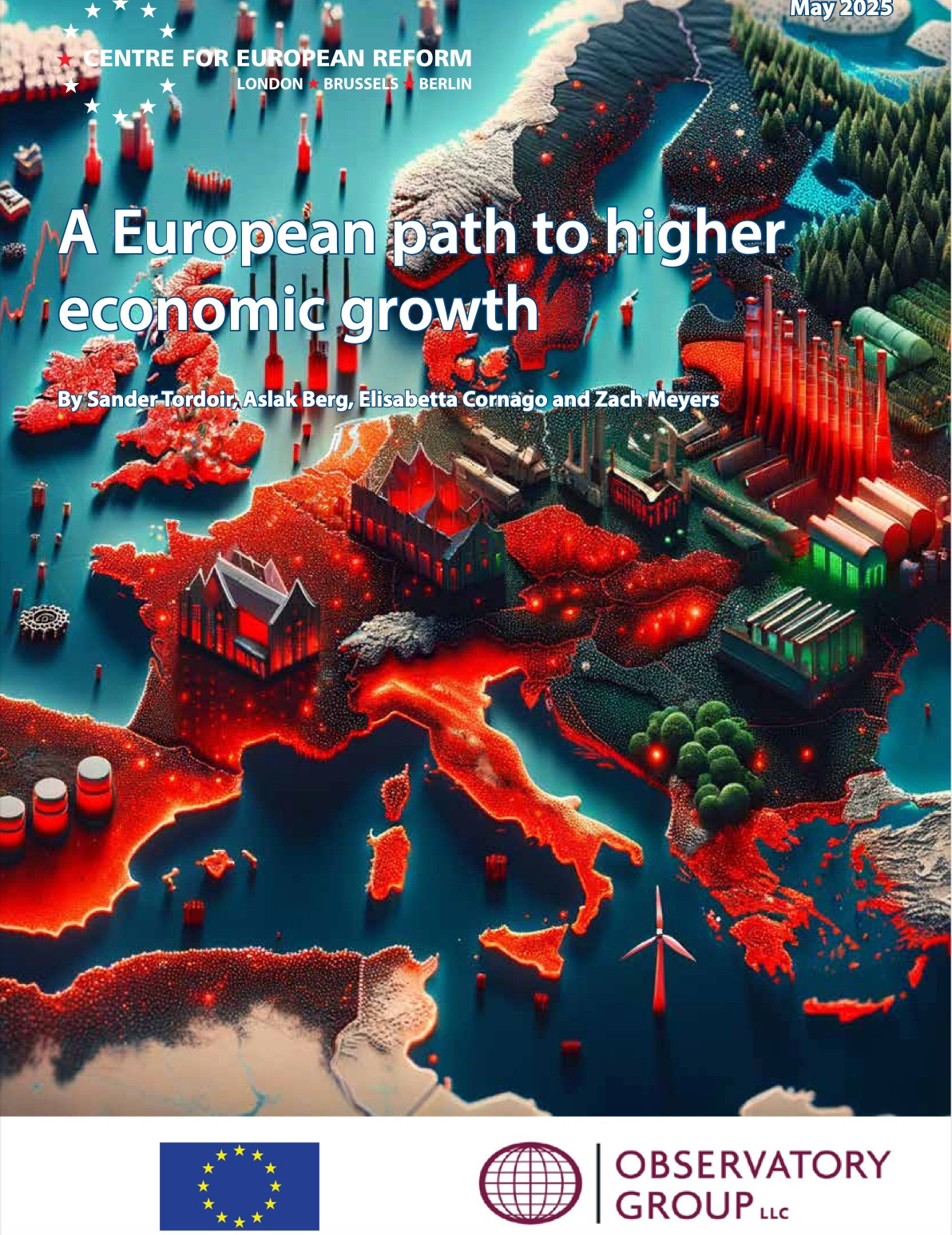We’ve just published a new report, based on our annual economics conference. It distils the big policy debates on the European economy post-Draghi, drawing on the brainpower around the table.
Some journalist friends convinced me it’s worth sharing — so here’s a thread.
1/x
Some journalist friends convinced me it’s worth sharing — so here’s a thread.
1/x

Comments
2/
3/
The EU has grown reliant on external demand – a structural vulnerability in an era of resurgent protectionism.
4/
5/
Politicians may aim for low-growth, low volatility.
6/
Ranging from digital services to foundational AI models, from cloud infrastructure to critical raw materials.
7/
European IP law, including data protection laws, is designed to enable rent-seeking and even obstructionism. Competitive big data projects like AI are not economical in the EU.
This was most recently reinforced with the data act.
One can look at landmark legal decisions to see the difference between Europe and the US (eg Google Books in the US or Paperboy in Germany).
Building Google would have been criminal in Germany, just like non-profits Common Crawl or Internet Archive would be.
To see the problem for AI, one can compare the training data of the EU's Teuken-7B with that of, eg, Meta's Llama-series. Mistral is noticeably quiet about its training data.
European AI will not be competitive outside of niches.
The EU may be handicapped by not having access to the best models. In the least, they will come later to the EU, as compliance is hammered out.
Ever expanding IP laws decrease the availability of data and will harm R&D.